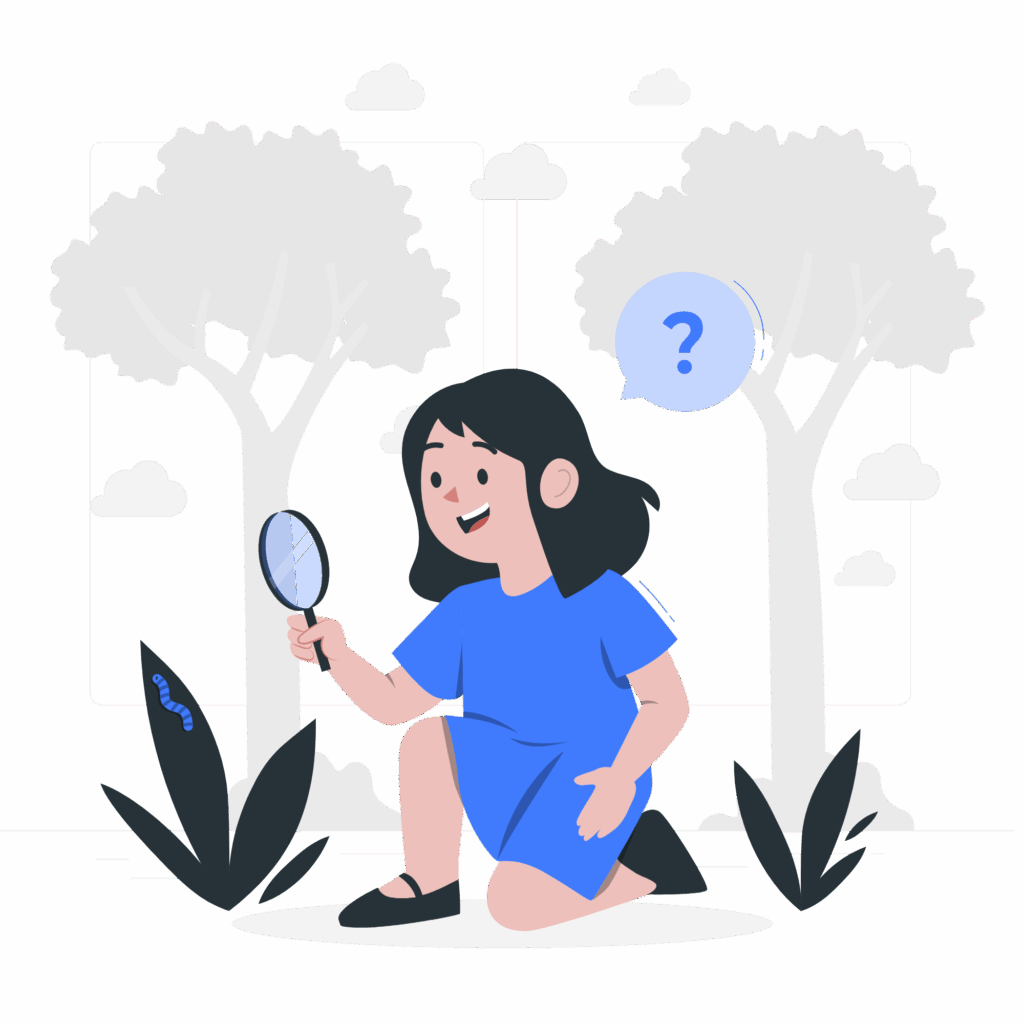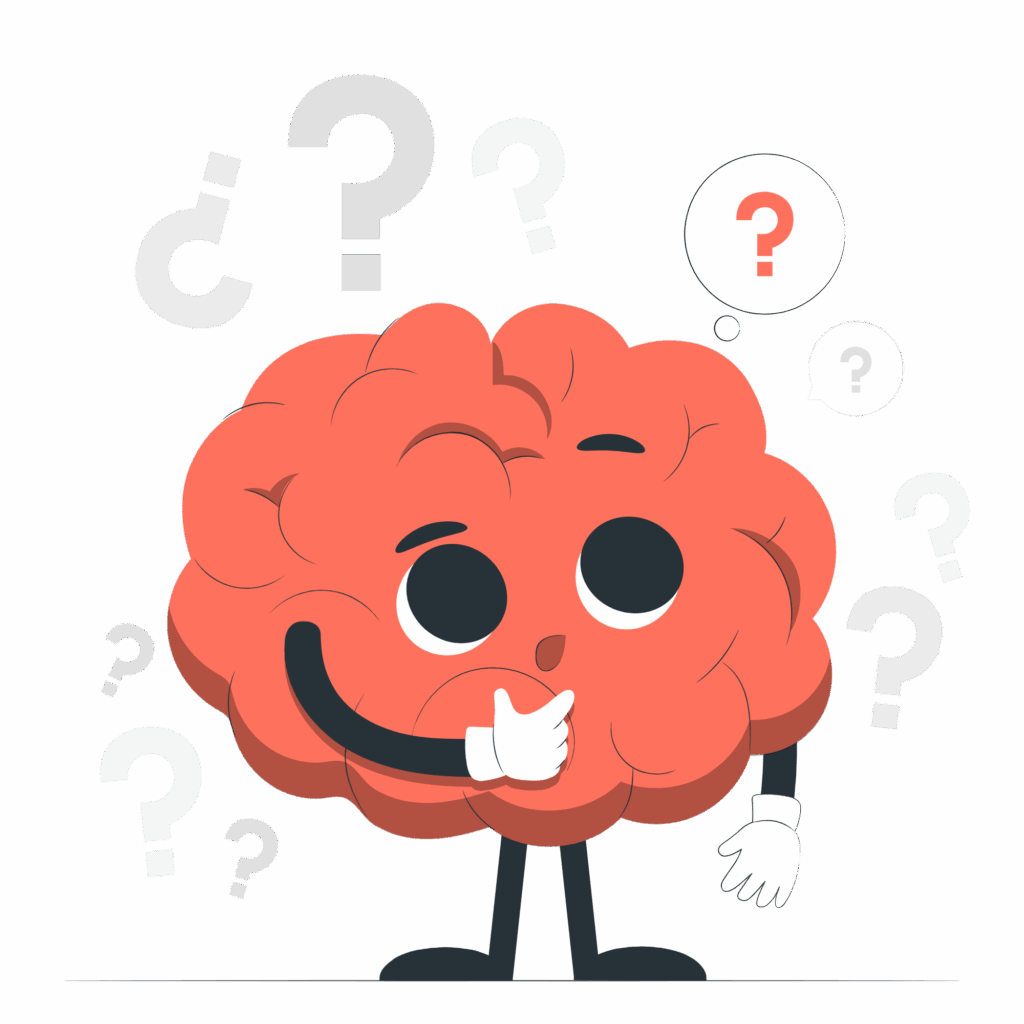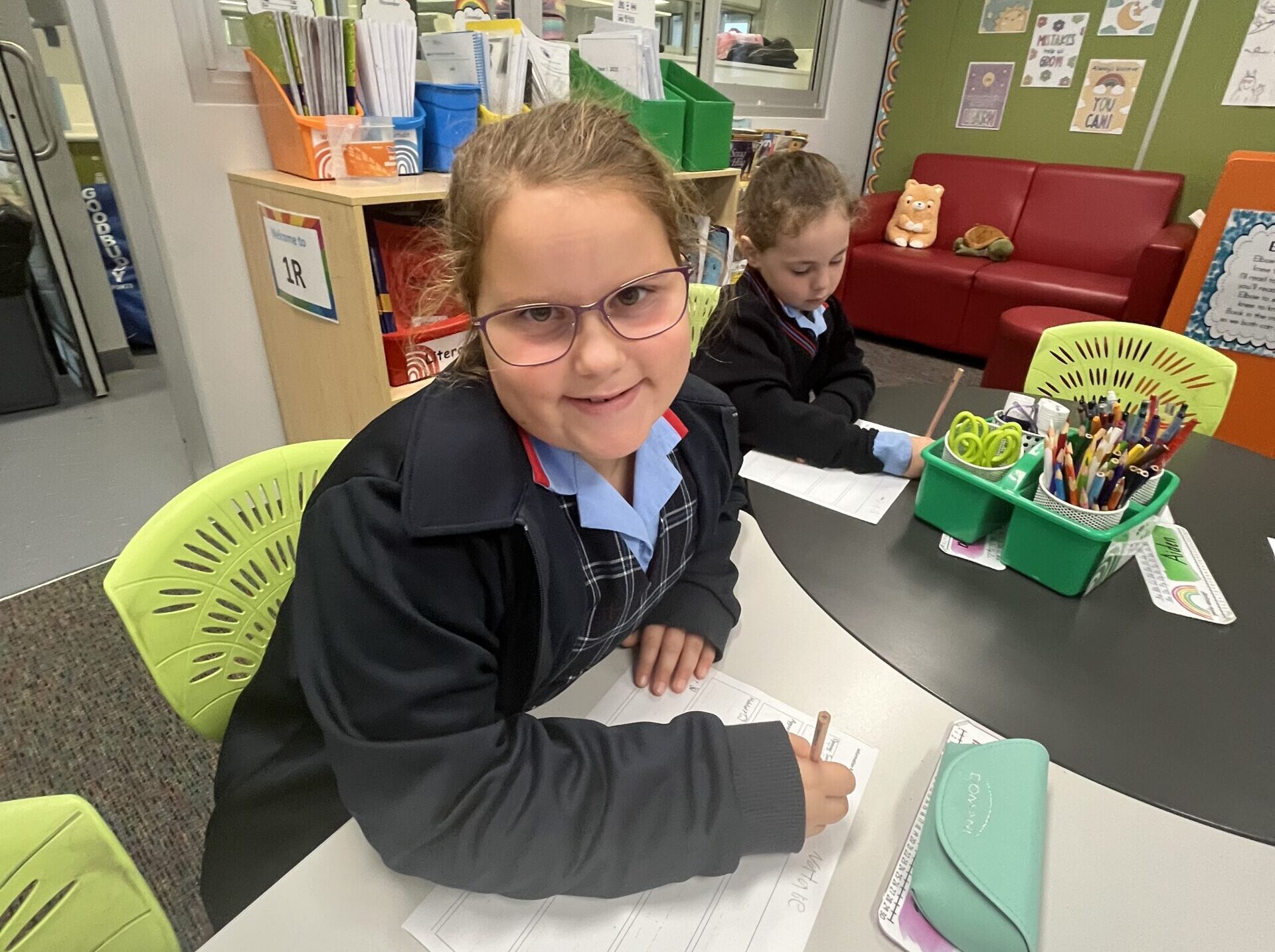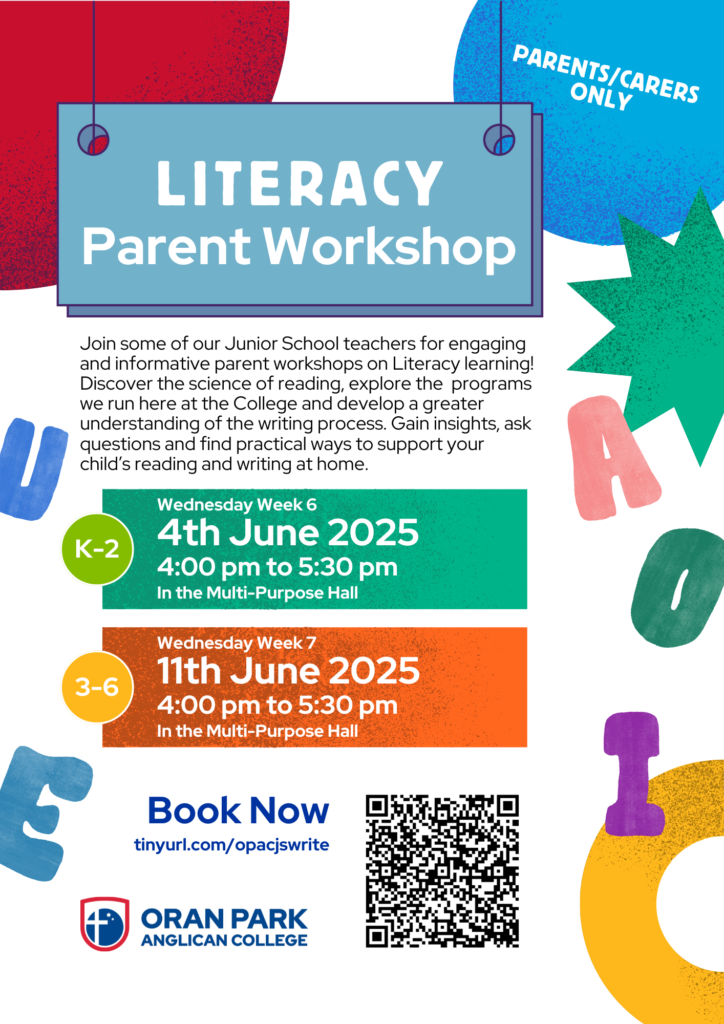Nurturing Curiosity: Growing Young Minds to Wonder and Discover
As parents and educators, we often marvel at the endless questions children ask. “Why is the sky blue?” “How do birds fly?” “What makes a rainbow?” These questions are more than just signs of a busy mind—they are the seeds of curiosity, and they are vital to learning.
At Oran Park Anglican College, we believe that curiosity is not just a trait some children are born with—it’s a value that can be nurtured and grown. Curiosity fuels learning. It drives children to explore, to think deeply, to notice the world around them and to ask questions that lead to discovery. In a world created by a God of wonder and complexity, curiosity is a way for children to engage with His creation and grow in understanding and awe.

Why Curiosity Matters
Curious learners are engaged learners. When children are encouraged to wonder, they become active participants in their learning. They don’t just absorb information—they seek it out. They make connections, solve problems and develop resilience when faced with challenges. Curiosity also builds empathy and perspective, as children begin to ask not just “what” and “how,” but also “why” and “who.”

How We Grow Curiosity at School
In our classrooms, we intentionally create environments that spark curiosity. We encourage students to ask questions and celebrate those “I wonder…” moments. These questions are not seen as interruptions but as invitations to explore deeper thinking. We give students the time and space to follow their thoughts and investigate their ideas.
Our teachers model thinking aloud, showing students how to approach problems, reflect on their learning, and consider different perspectives. This helps children see that thinking is a process, not just a product, and that it’s okay to not have all the answers right away.
We also help students develop the habit of noticing. Through visual prompts, nature walks and real-world problems, we encourage them to observe closely, identify patterns and ask thoughtful questions. These practices help children slow down and engage more deeply with the world around them.
Most importantly, we connect learning to God’s world. Whether it’s the intricate patterns in a leaf, the complexity of a mathematical concept or the vastness of space, we help students see the fingerprints of God in all areas of learning. This perspective invites awe, reminding children that learning is not just about knowledge—it’s about wonder.

How You Can Support Curiosity at Home
Parents play a powerful role in nurturing curiosity. One of the simplest ways to do this is by asking open-ended questions. Instead of “Did you have a good day?” try asking, “What surprised you today?” or “What made you curious?” These kinds of questions invite reflection and deeper thinking.
Exploring together is another powerful way to foster curiosity. Whether it’s visiting a museum, taking a walk or looking up answers to questions together, shared discovery builds a love of learning and strengthens connections with your child.
It’s also important to celebrate wonder. Share your own moments of curiosity—whether it’s a beautiful sunset, an interesting article or a question you’ve been pondering. Let your child see that learning never stops and that curiosity is a lifelong gift.
It is also important to embrace the unknown. It is okay not to have all the answers. In fact, saying “Let’s find out together” is one of the most powerful things you can model. It shows your child that learning is a journey and that questions are just as valuable as answers.
A Final Thought
Curiosity is a gift from God—a spark that leads to discovery, growth and joy. As we partner together in your child’s learning journey, let’s continue to fan that spark into a flame. Let’s raise children who are not only knowledgeable but also deeply curious about the world and the God who made it.
Year 1: Curiosity in Literacy
In Year 1, students have been exploring the four sentence types—statements, questions, exclamations, and commands, through a variety of skill building writing activities. With growing curiosity, they have begun to identify and use these sentence types in their own writing, experimenting with how each one can serve a purpose in different texts.
Students are beginning to write simple informative texts and are learning to include features such as factual details, topic-specific vocabulary, and a logical structure. This developing skill set reflects their increasing confidence and engagement with writing for different purposes.
Year 2: Exploring Curiosity Through Storytelling
This term, Year 2 have been expanding their understanding of imaginative texts through the deeper exploration of narrative storybooks. They have been discovering how authors create narratives by backward mapping the text into 4 main sections: Orientation, Complication, Series of Events and Resolution.
From noticing the authors use of language conventions to asking questions about the how the illustrations support the story, students are transferring their knowledge of adjectives and adverbs to create vivid paragraphs of their own. With a primary focus on editing this term, students are using writing checklists to edit their own sentence and offer constructive feedback to their peers. From carefully constructing sentences to celebrating powerful writing with awe and wonder Year 2 are demonstrating curiosity every day!
Building Curiosity in our School Community: Parent Literacy Workshops
We warmly invite all K–6 parents to join our Junior School teachers for a series of engaging and informative Literacy Parent Workshops. These sessions are designed to give you a deeper understanding of how your child learns to read and write—and how you can support them at home.
What to Expect:
- Discover the science behind how children learn to read
- Explore the literacy programs we use at the College
- Gain practical strategies to support writing development
- Ask questions and connect with our passionate educators
Workshop Dates:
Prep to Year 2: Tuesday, 4th June | 4:00–5:30 PM
Years 3 to 6: Tuesday, 11th June | 4:00–5:30 PM
God bless,
Mrs Kathryn Watkins
Deputy Head of Junior School – Teaching and Learning



